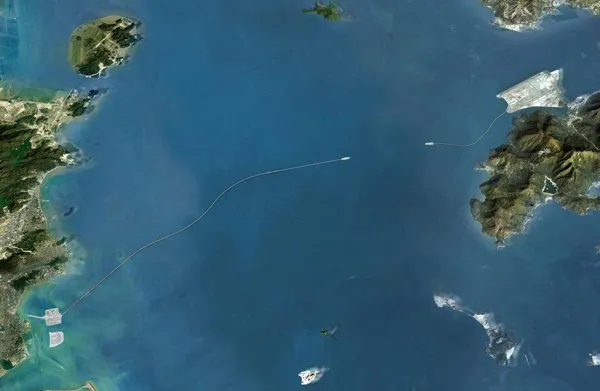At the end of 2008 and the start of 2009, the world's banking system spiralled into crisis, triggered by a series of catastrophic blunders caused by bankers trying to create money from nothing. The result was to plunge the world's economy rapidly into recession. Having proved in effect that lead cannot be turned into gold, the bankers retired on fat pensions leaving governments to pledge huge sums to the banks and fill in the financial gaps.
July 10, 2012
Read time: 3 mins

At the end of 2008 and the start of 2009, the world's banking system spiralled into crisis, triggered by a series of catastrophic blunders caused by bankers trying to create money from nothing. The result was to plunge the world's economy rapidly into recession. Having proved in effect that lead cannot be turned into gold, the bankers retired on fat pensions leaving governments to pledge huge sums to the banks and fill in the financial gaps.
All around the world governments then made grand claims as to how investing in infrastructure would be the key to kick-starting the economy, encouraging firms to take on new projects and creating jobs. The US and the UK Governments in particular made grand noises that construction projects already in planning would be brought forward, with highway investment benefiting from a particular boost.
Pushing projects forward offers many benefits, not just in revitalising a hard-pressed construction sector. Furthermore, investing in infrastructure helps to free the traffic congestion that is so detrimental to industry. According to the2465 European Commission, bottlenecks on Europe's roads negatively impact on the economy to the tune of €120 billion/year. This equals 1% of the EU's GDP and the situation is unlikely to improve soon according to the European Commission. The system is close to gridlock with high traffic densities on the 5 million km of roads in Europe (including 60,000km of highways). In 2006 there were 230 million cars in the EU, about a third of the number of cars worldwide and Europe's vehicle fleet is growing.
This far into 2009, it is worth asking just how many construction projects have actually been started as a result of the promised government investment. A large number of small road projects have been initiated in the US but the construction industry is still waiting for major projects to be brought forward. And while in the UK for instance, contractor1146 Balfour Beatty is starting work on a project, with the start date having been brought forward by three years. It is questionable how many other highway projects have been accelerated. Unfortunately, in terms of crisis governments see infrastructure budgets as an easy target for cost cutting.
Perhaps the only real example of a government fully backing its claims for future investment in infrastructure comes from China. The banking crisis caused a brief blip in China's infrastructural investment plans at the start of 2009, before the announcements regarding new highway projects and plans resumed as before. China is also working hard to realise huge and highly ambitious engineering projects such as the 35km bridge and tunnel link that will connect Hong Kong, Macau and the Chinese mainland. It is understandable that the construction industry in North America and Europe is not a little frustrated with the self-importance of politicians who appear to spend a great deal of time discussing what everyone seems to want anyway. By comparison, China's Government not only talks the talk, it also walks the walk.
All around the world governments then made grand claims as to how investing in infrastructure would be the key to kick-starting the economy, encouraging firms to take on new projects and creating jobs. The US and the UK Governments in particular made grand noises that construction projects already in planning would be brought forward, with highway investment benefiting from a particular boost.
Pushing projects forward offers many benefits, not just in revitalising a hard-pressed construction sector. Furthermore, investing in infrastructure helps to free the traffic congestion that is so detrimental to industry. According to the
This far into 2009, it is worth asking just how many construction projects have actually been started as a result of the promised government investment. A large number of small road projects have been initiated in the US but the construction industry is still waiting for major projects to be brought forward. And while in the UK for instance, contractor
Perhaps the only real example of a government fully backing its claims for future investment in infrastructure comes from China. The banking crisis caused a brief blip in China's infrastructural investment plans at the start of 2009, before the announcements regarding new highway projects and plans resumed as before. China is also working hard to realise huge and highly ambitious engineering projects such as the 35km bridge and tunnel link that will connect Hong Kong, Macau and the Chinese mainland. It is understandable that the construction industry in North America and Europe is not a little frustrated with the self-importance of politicians who appear to spend a great deal of time discussing what everyone seems to want anyway. By comparison, China's Government not only talks the talk, it also walks the walk.






